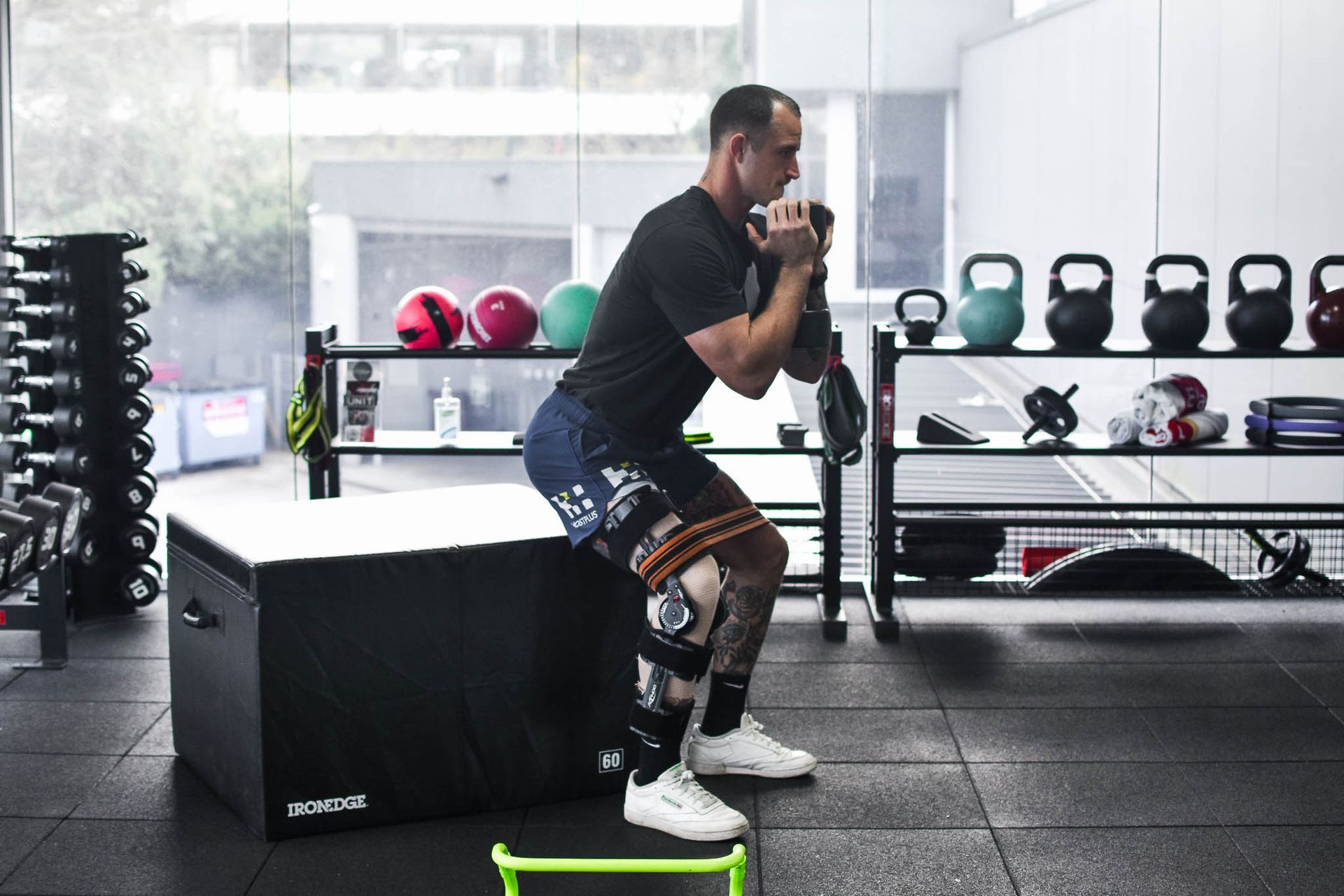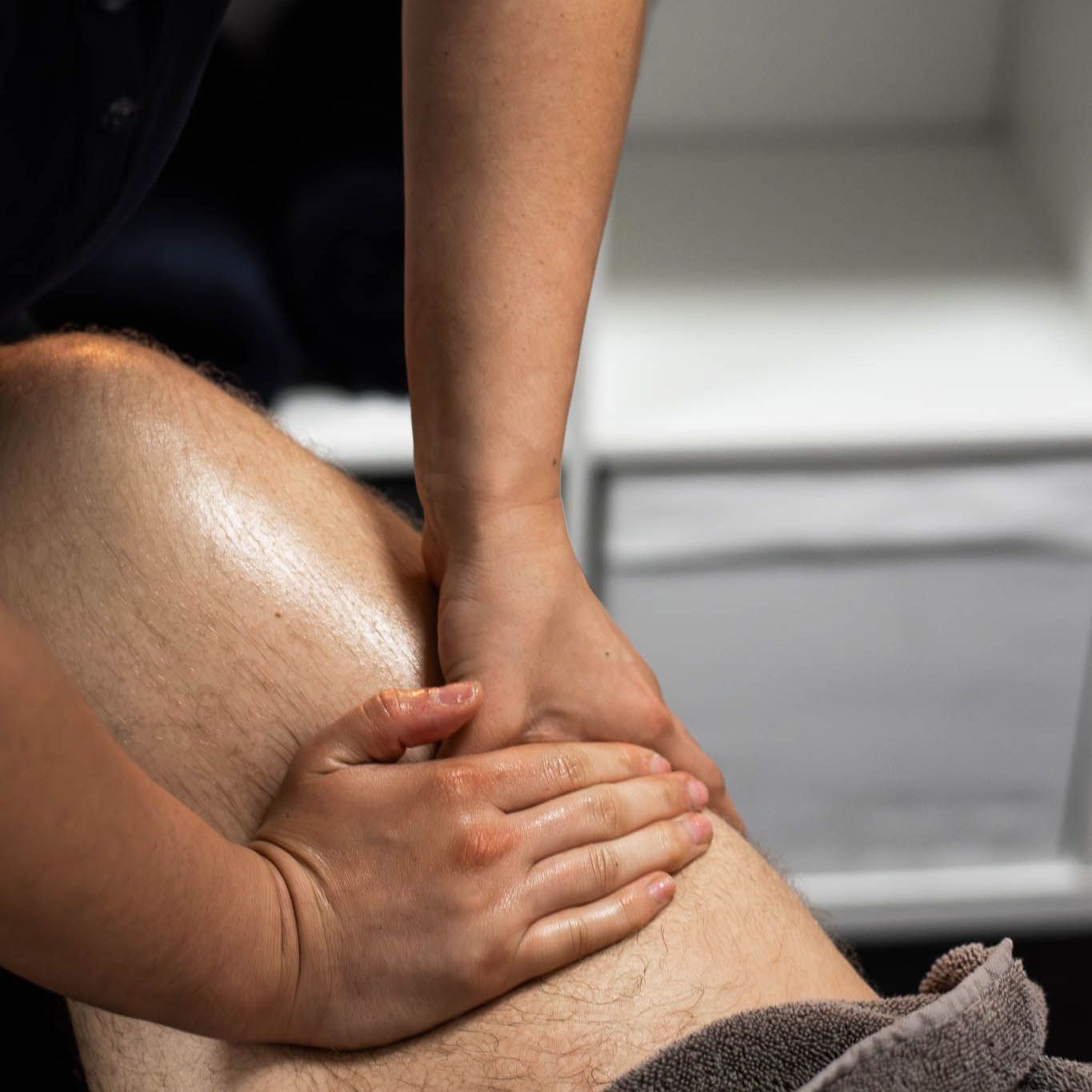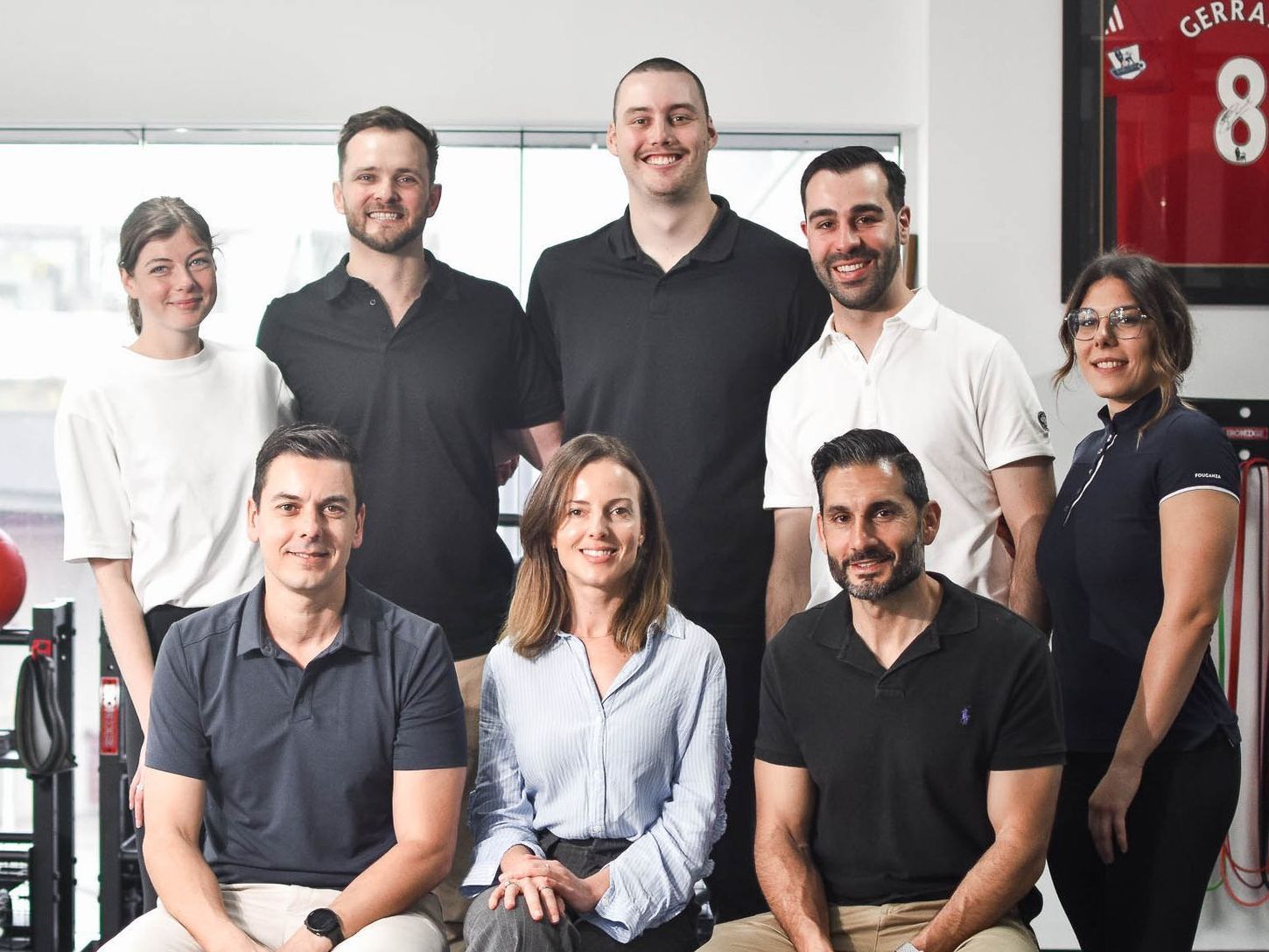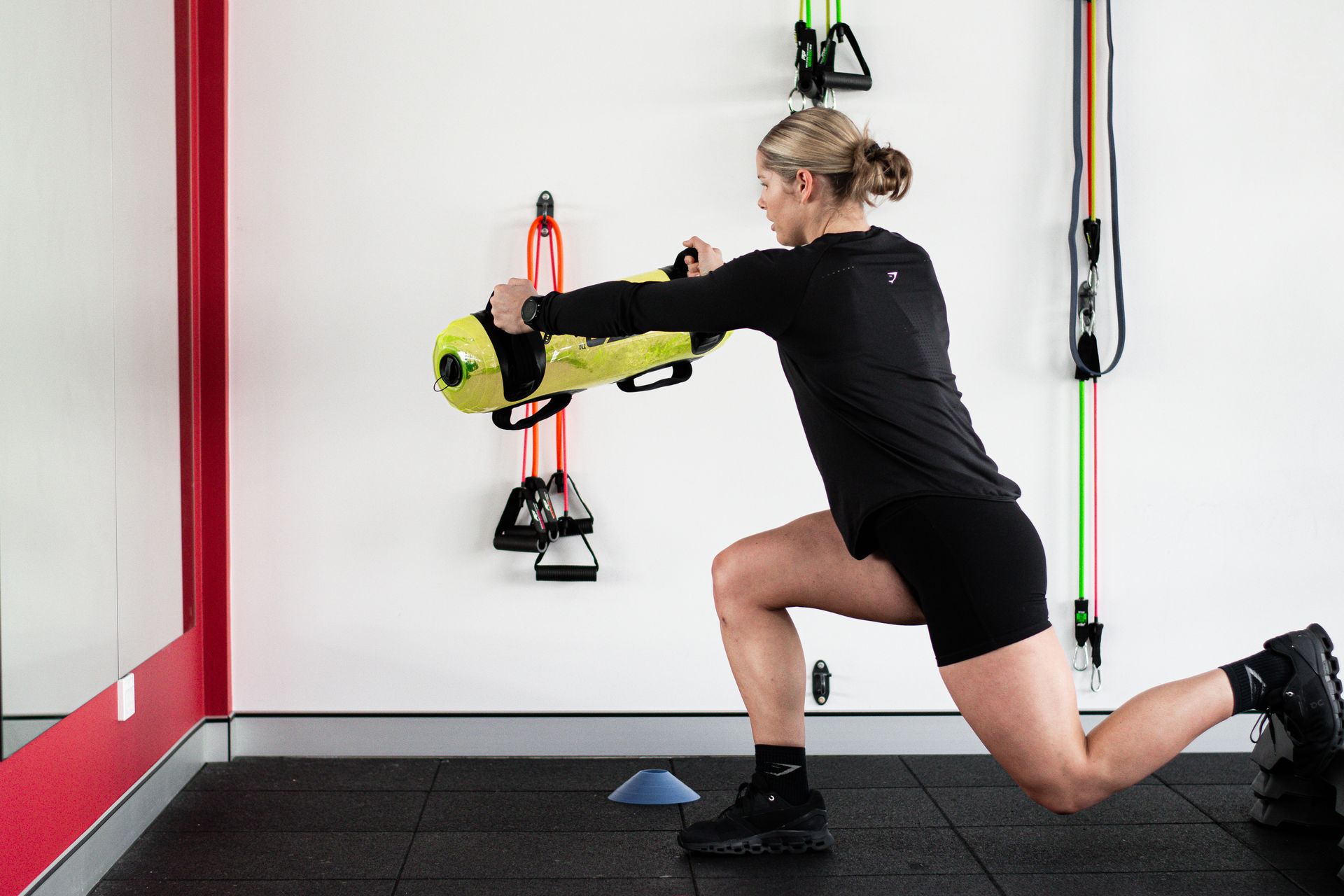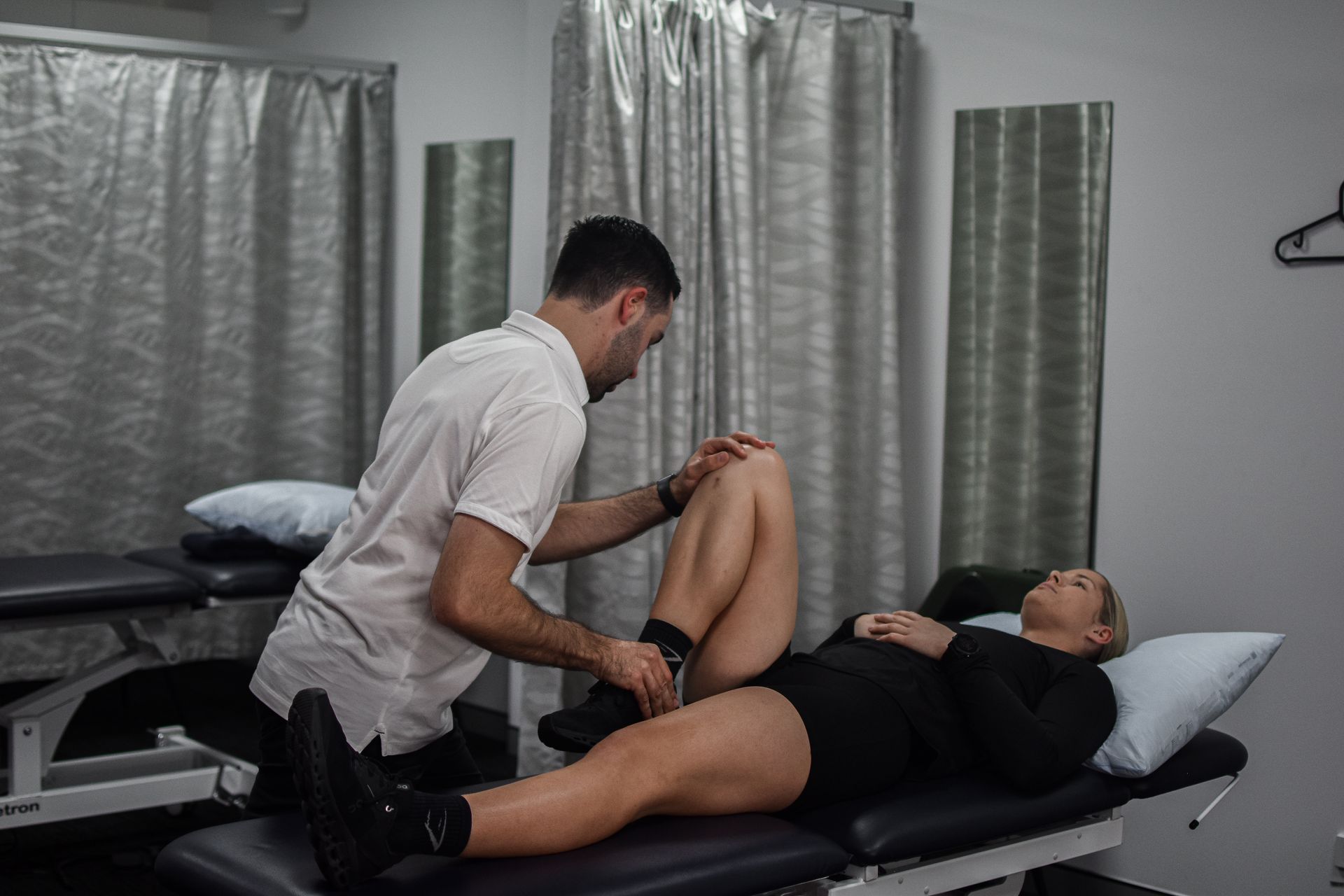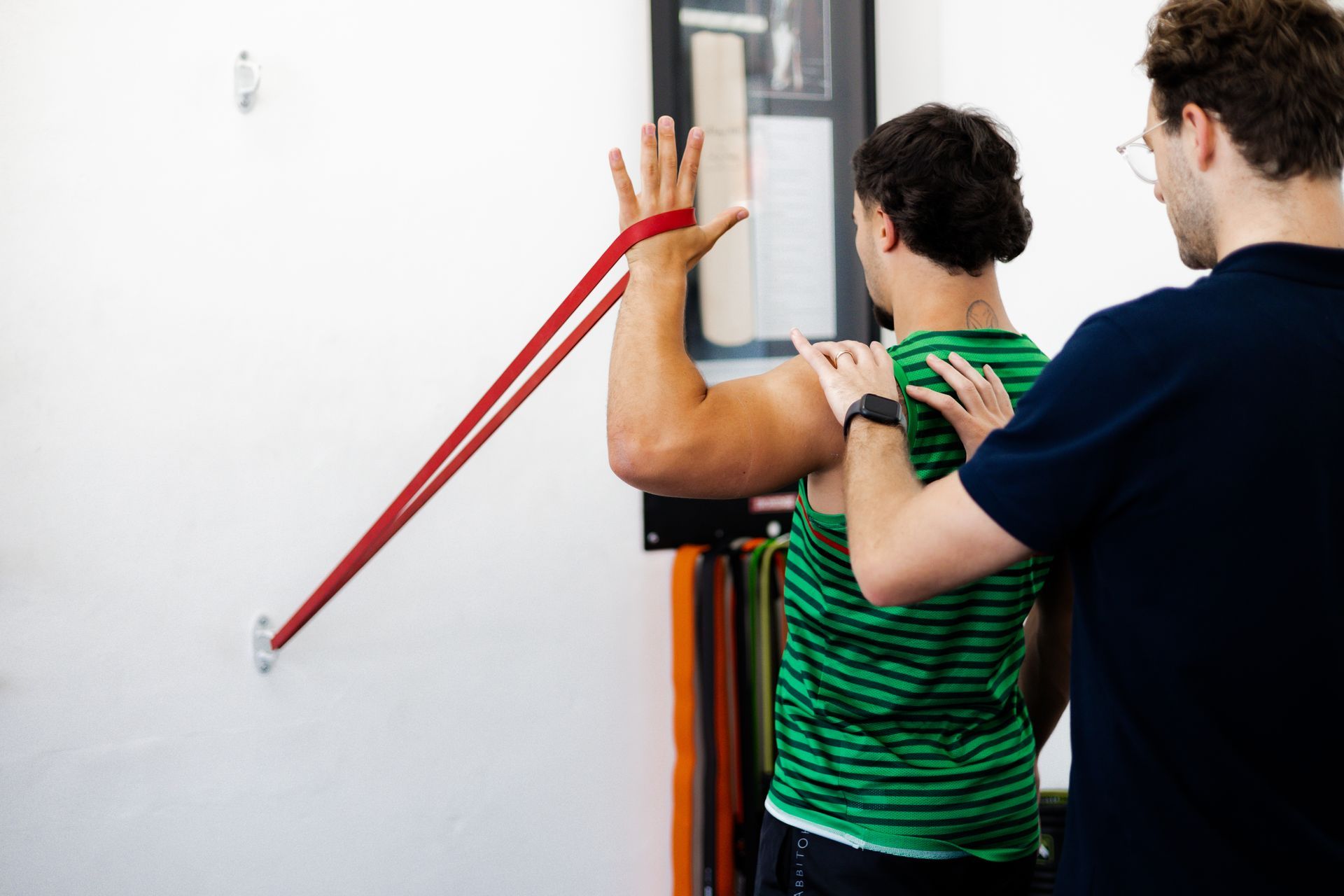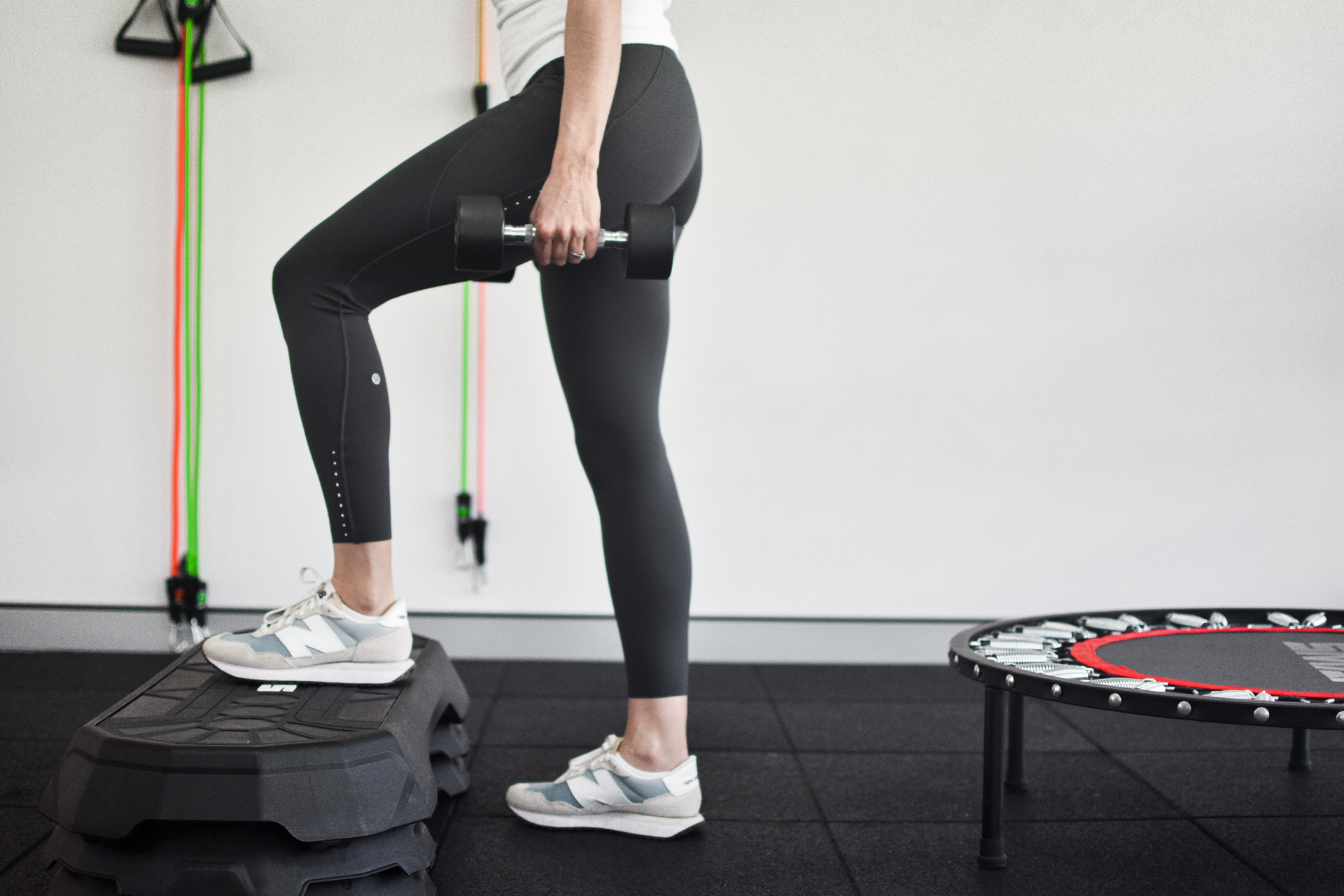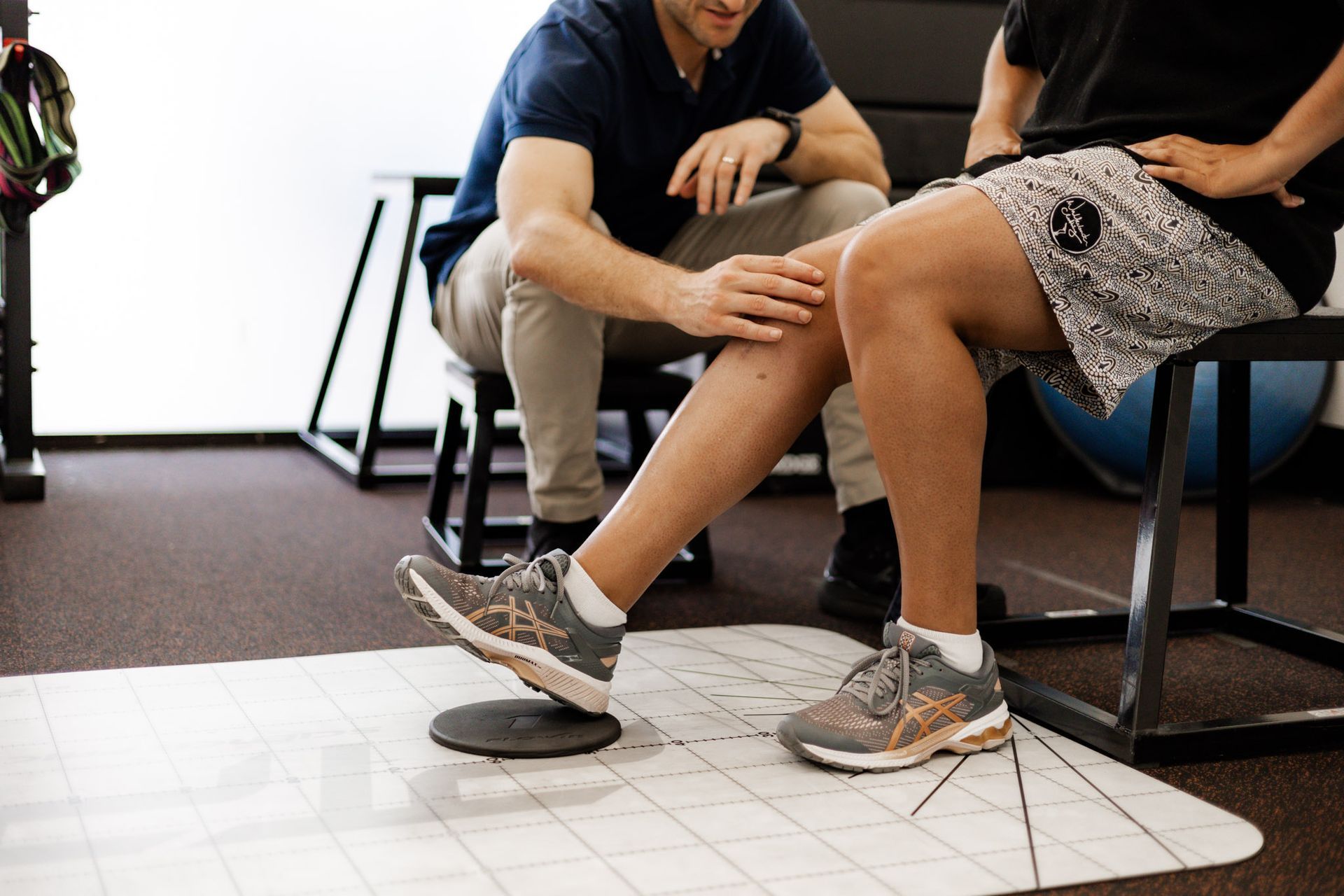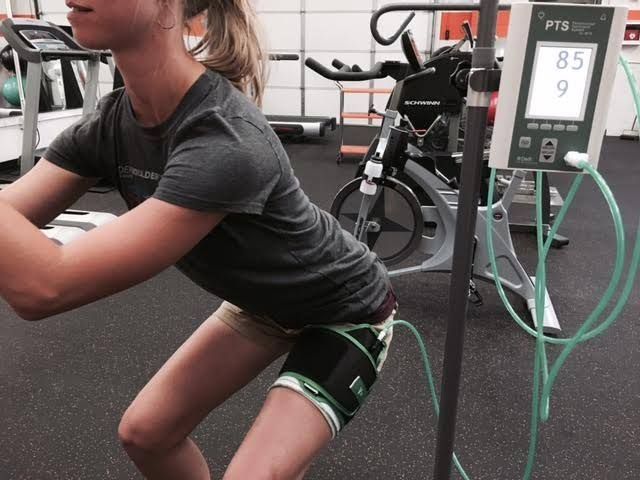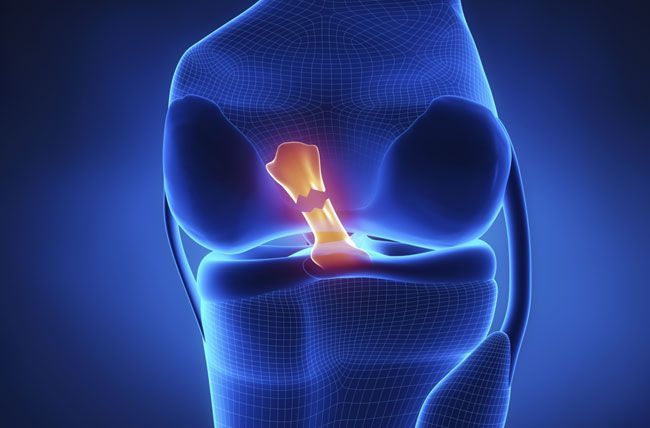Planning to Eat a Plant-based Diet in 2021?
Eat a plant-based diet
The popularity of plant-based diets has been on the rise for some time and there is evidence to suggest that this trend is here to stay. The shift to plant – based diets has been predominately driven by concern surrounding health, animal welfare and the environment. So, what is a plant-based diet? Exactly as it suggests, a diet that is based on plants.
Plant foods include fruit and vegetables, wholegrains, nuts and seeds, lentils and legumes and healthy fats such as olive oil.
A vegetarian diet is an example of a plant-based diet with some flexibility. While it doesn’t include any meat, poultry or seafood, it does allow animal-derived products such as dairy, eggs and honey.
A vegan diet on the other hand, strictly excludes all animal and animal derived products (dairy eggs and honey included).
Other variations of plant based have also immerged in recent years, such as a pescatarian diet (vegetarian diet plus seafood) and a flexitarian diet (vegetarian diet with occasional consumption of meat, poultry or seafood).
Health benefits of going plant-based
The health benefits of plant-based diets are numerous. Plant foods are nutrient dense, packed with vitamins, minerals, antioxidants and fibre. It is therefore not all that surprising that plant-based diets have been associated with lower levels of chronic diseases such as type 2 diabetes, cardiovascular disease and certain cancers. Diets high in fibre and resistant starch, found in plant foods, have also been associated with improved gut health now linked to mental health and other positive health outcomes.
You don’t necessarily need to go vegetarian or vegan to get the health benefits associated with plants foods. A moderate change to your diet such as replacing one serve of animal food with plant food a day can have a great impact on your health.
Despite all these potential health benefits it is worth noting that not all plant-based diets are created equal. A plant-based diet focused primarily on processed or packaged foods will not necessarily be any healthier than its animal-containing alternative. A wholefood diet approach is always best to minimise saturated fat, salt and added sugar.
Plant-based diet downfalls
Following a strict plant-based diet (i.e., vegan), or even vegetarian diet, requires some planning to ensure nutritional adequacy. While most nutrients we require are abundant in plant foods, there are a key few vitamins and minerals that are only found in animal foods or are better absorbed when they come from animal sources. Strict plant-based diets can also make it harder for those with particularly demanding energy requirements to meet their energy needs (e.g., adolescents or athletes).
Key nutrients for consideration in plant-based diets:
Iron
Iron is found in both animal and plant foods, however, the type found in plants (non-haem iron) is less readily absorbed making requirements harder to meet.
Vitamin B12
Only found in animal foods, and essential for healthy blood cells and neurological function, Vitamin B12 must be added by consuming fortified foods (e.g., breakfast cereals, dairy milk alternatives) or supplementation.
Protein
A key macronutrient in meat, poultry, seafood and animal derived foods. While there are plenty of plant-based proteins too, think tofu, lentils, legumes and quinoa, they can often be overlooked when transitioning to a plant-based way of eating.
Calcium
Essential for muscle function and bone health, the highest amounts of calcium are found in dairy products. Adequate calcium intake may not be a big issue for less strict plant-based diets; however, vegan diets require considered planning to ensure calcium intake is adequate.
Omega-3 fatty acids
Found in the highest quantities in fish, and extremely beneficial for health, omega-3 supplementation may be required.
As you can see while the health benefits of going plant-based are plentiful, so are the nutritional considerations. The consequences of nutrition deficiencies can be greatly detrimental, so it is highly recommended that you seek individualised nutrition advice from your doctor and a dietitian when following a strict plant-based diets. Please don’t just rely on social media, websites on the internet and advice from family and friends.
